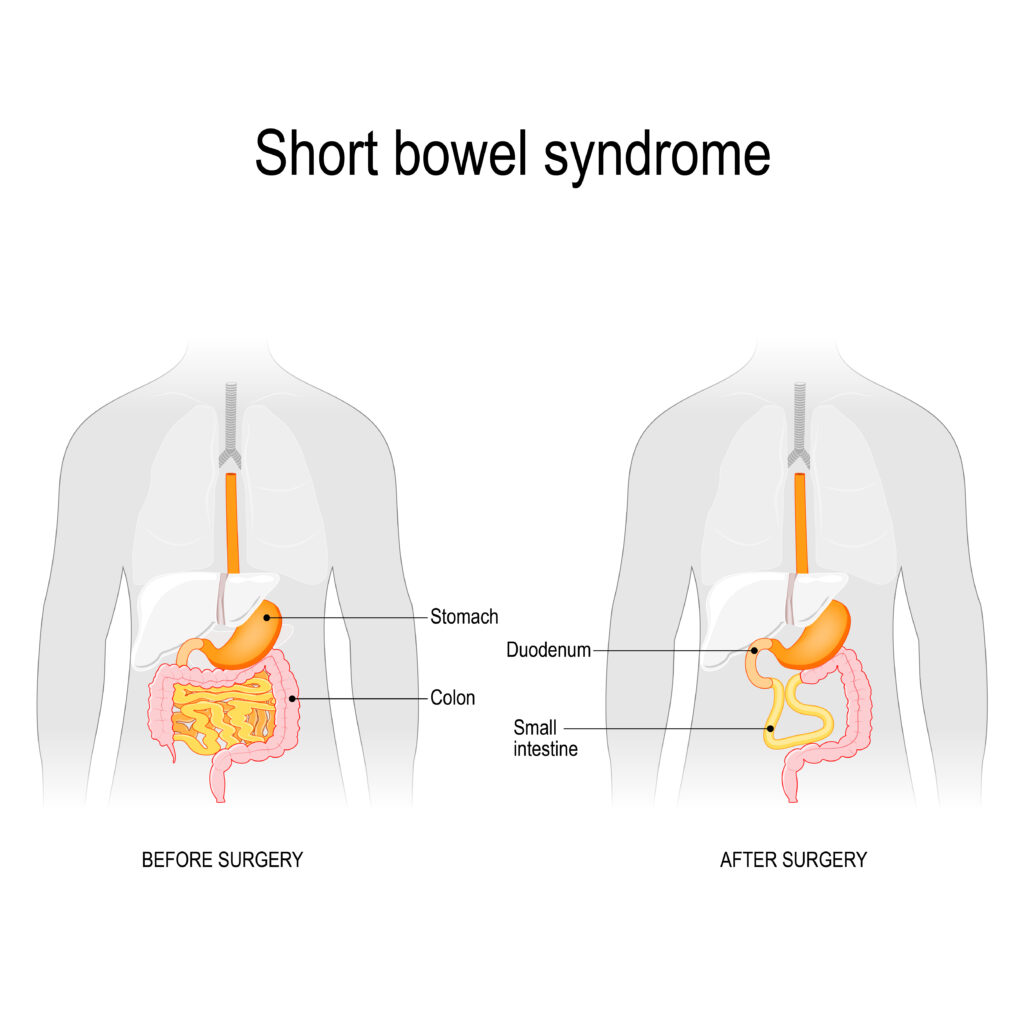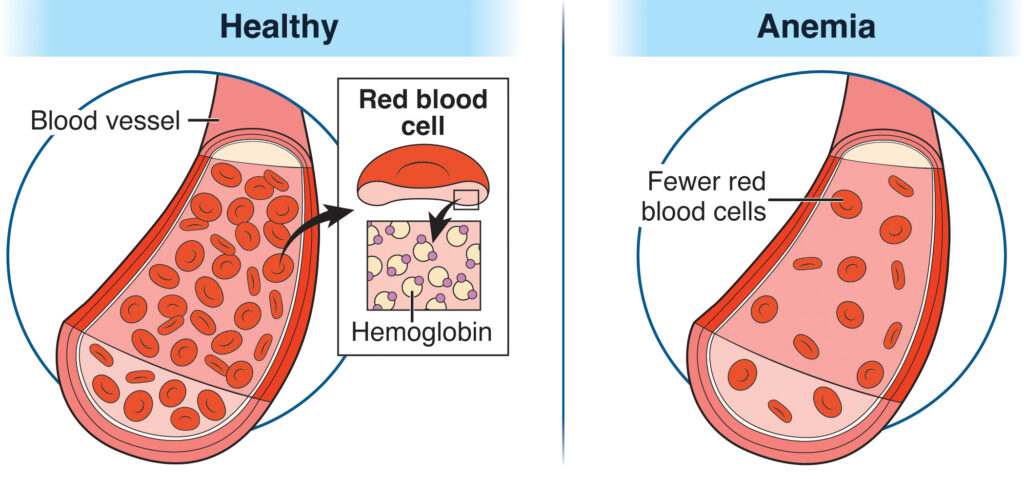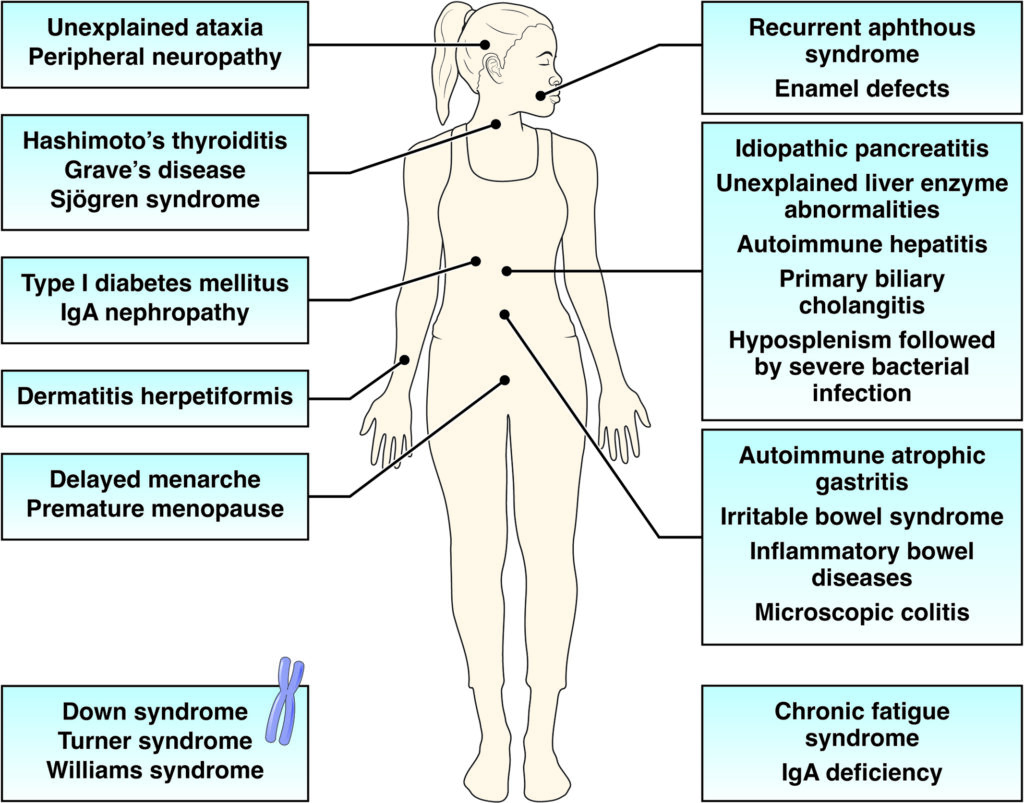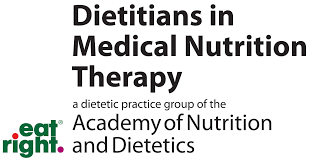Short bowel syndrome (SBS): Spicing up your diet

Food and beverages can impact short bowel syndrome (SBS) symptoms, but adding herbs and spices can help you enjoy your food.
Inflammatory bowel disease (IBD): Staying hydrated
Taking in enough fluids is important for patients with inflammatory bowel disease, or IBD, who are especially at risk for dehydration.
Iron in GI conditions

A normal iron level is important to make healthy red blood cells and to help support your quality of life with digestive conditions.
Metabolic-dysfunction associated steatotic liver disease (MASLD): Plant-forward diet

A plant-forward food plan lets you be flexible with food choices, while being focused on adding and enjoying more plant foods.
Celiac disease: Who should be tested

If you’ve been diagnosed with a condition related to celiac disease or have other risk factors, does that mean you should be tested for celiac disease?
Intuitive eating
Intuitive Eating© focuses on listening to how foods make you feel physically and emotionally, rather following a diet based on rules and restrictions.
Why see a gastroenterology-expert registered dietitian?
Working with a GI-expert dietitian can help you better understand your condition and how food and nutrition impacts your health.
Crohn’s disease: exclusive enteral nutrition
Exclusive enteral nutrition, or EEN, is a low risk and safe therapy that can help improve symptoms of Crohn’s disease.
Inflammatory bowel disease (IBD): Role of fiber
Consuming a wide variety of foods with fiber is important for gut health in patients with inflammatory bowel disease, or IBD.
HAES®-centered nutrition therapy for GI conditions
Health At Every Size, or HAES, is a weight-neutral approach to health, independent of weight that can help you achieve health and well-being.

